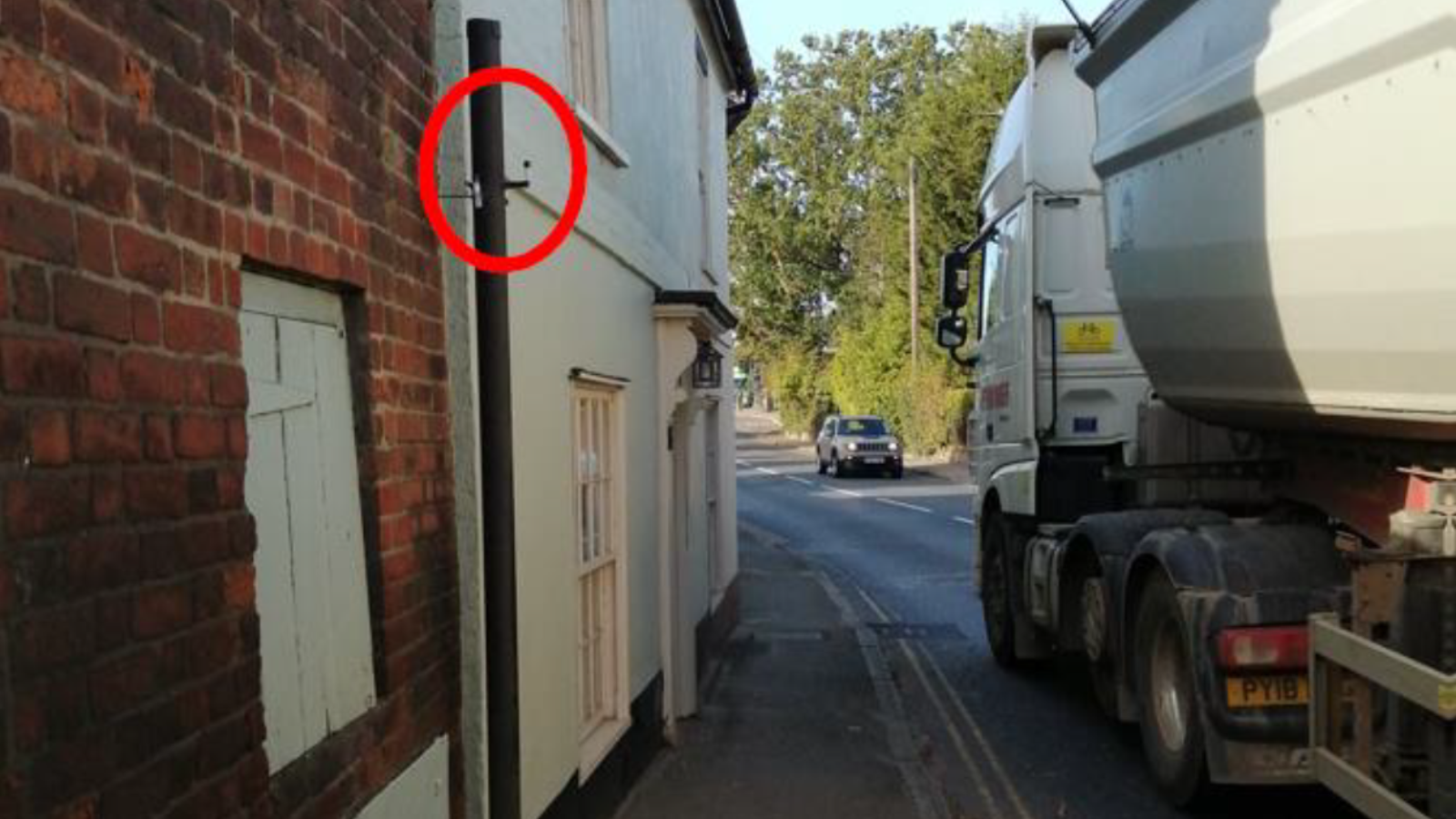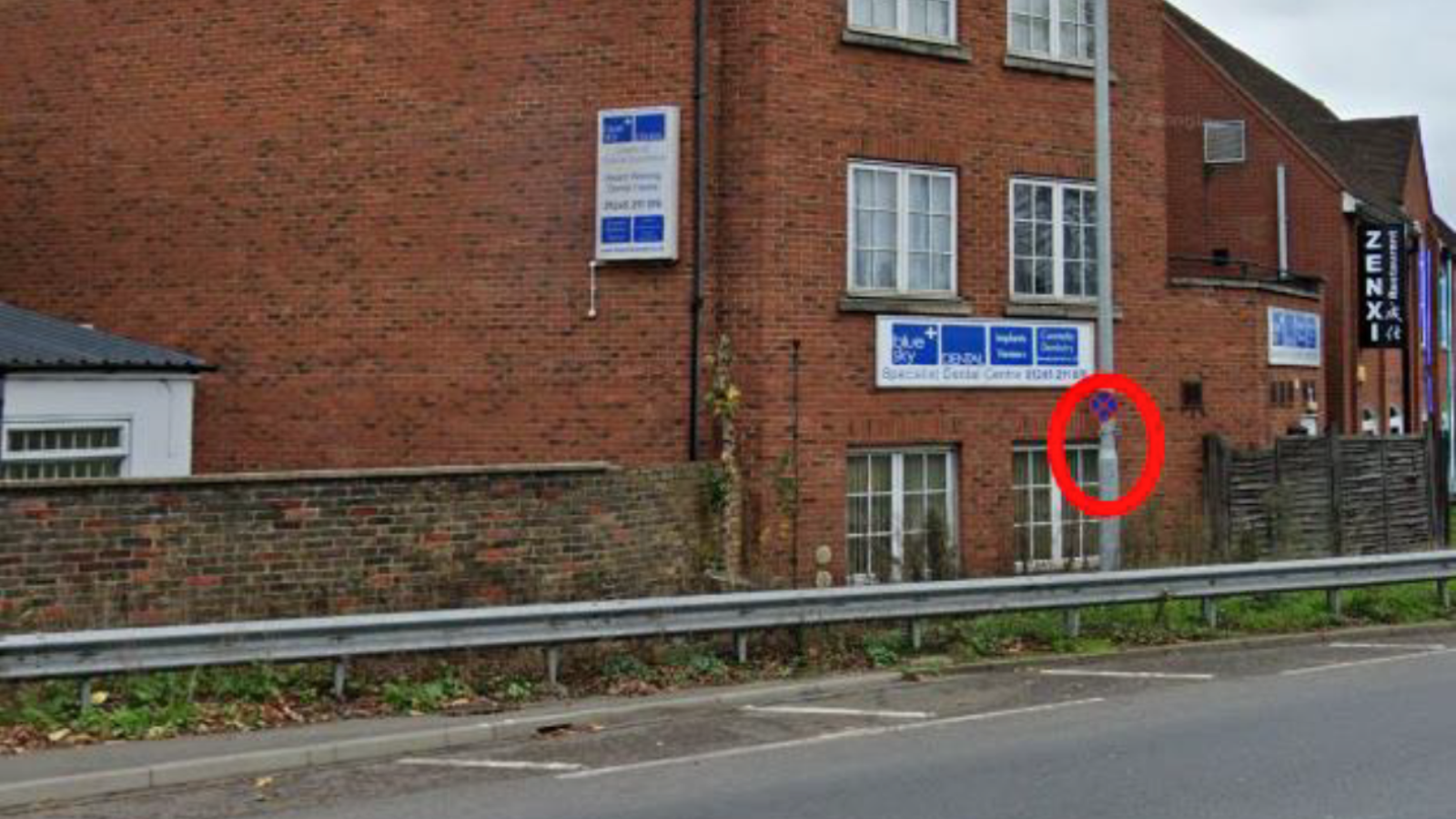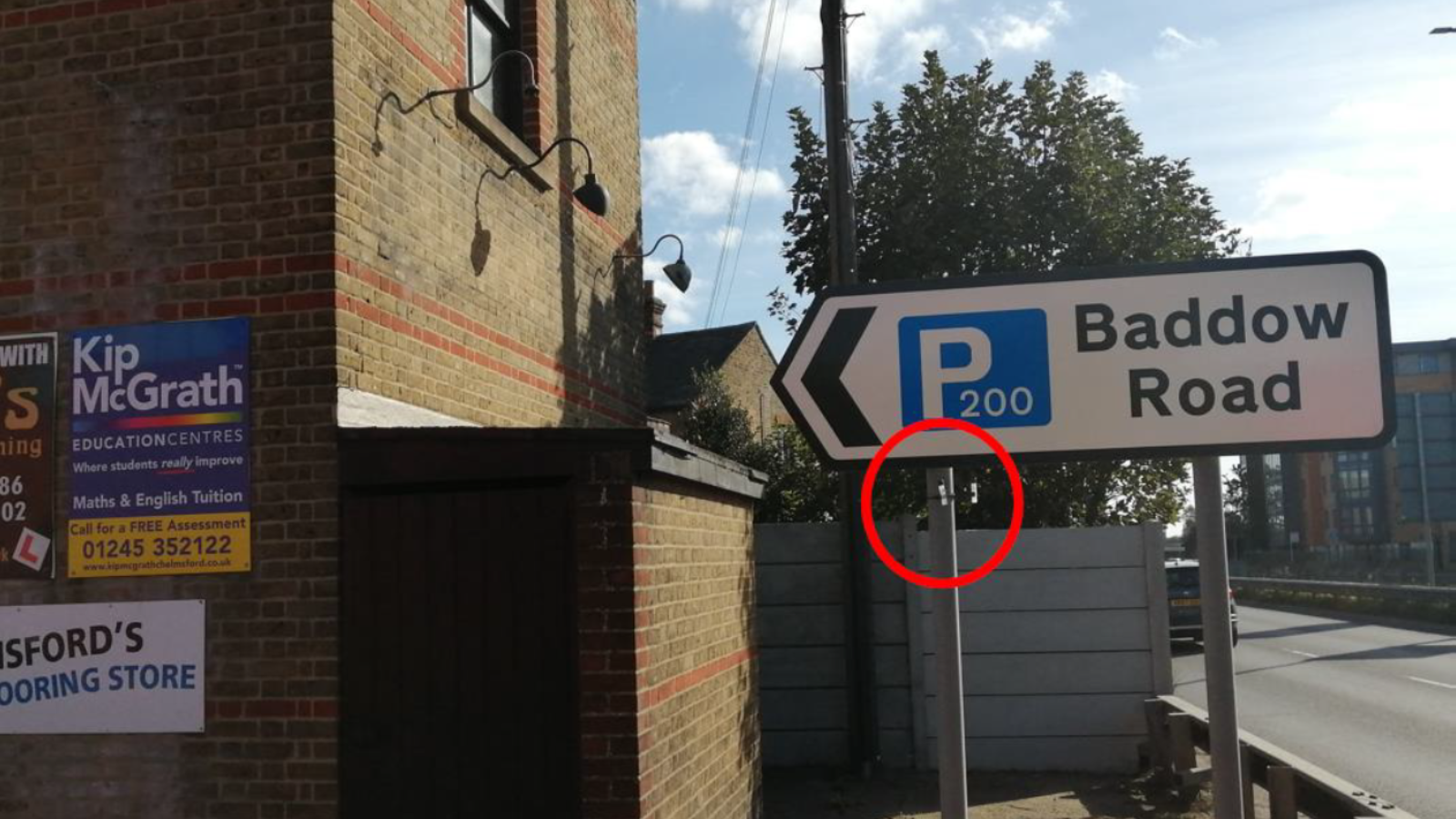Air quality improves at Army and Navy and A414 pollution hotspots

Local air quality has significantly improved in two areas by busy roads in Chelmsford. Levels of nitrogen dioxide (NO2), a pollutant that can damage human health and contribute to acid rain and global warming, have gone down at both the Army and Navy roundabout and a section of the A414 in Danbury.
Air Quality Management Areas (AQMA) which were in place for these two locations have now been revoked, after extensive monitoring by council officers revealed that levels of pollution have been reduced and are now consistently below air quality objectives set by the Government.
Army and Navy AQMA revoked after nearly 20 years
The Army and Navy Air Quality Management Area was first declared in 2005, covering the roundabout and surrounding roads. This AQMA was amended in 2012 to reduce the size of the area being monitored following several years of assessment.
An Air Quality Action Plan was introduced, setting out measures that the council and other organisations would take at the site to lower nitrogen dioxide concentrations. Infrastructure changes to the Army and Navy identified in the plan, including the widening of Parkway and the addition of a left-hand filter lane from Parkway to Chelmer Road, have helped to improve traffic flow and air quality.
Problem area of A414 identified in late 2018
A second AQMA on a short stretch of the A414 between Gay Bowers Lane and Danbury Village Green was declared in October 2018. Emissions were found to be higher at this location due to an incline making engines work harder, coupled with buildings close to the road blocking the dispersal of pollution.
Air quality monitoring in this area, in place from 2015, showed that concentrations of NO2 have been below the required threshold from 2020. Provisional results also suggest that there will be further reductions from 2023.

Council’s findings approved by DEFRA
Since 1997, councils have been carrying out assessments of air quality in their areas. This involves measuring air pollution and trying to predict how this might change in the future. Air Quality Management Areas are declared by local authorities when government objectives are not being achieved, but they can be revoked if it has been possible to demonstrate compliance over several consecutive years.
The council’s findings were submitted to and approved by DEFRA as part of the city council’s 2023 Annual Status Report. An Air Quality Management Revocation Order has now been signed to officially remove AQMA status from both the Army and Navy and the A414.
Chelmsford City Council’s Cabinet Member for a Greener and Safer Chelmsford, Councillor Rose Moore, says it’s a heartening sign.
““Nitrogen dioxide and other pollutants can have a devastating impact on both human health and the environment, and it is really encouraging to see air quality improving in the district. Identifying problem areas and implementing AQMAs, when needed, has been essential in tackling air pollution in Chelmsford, enabling the council and its partners to track exactly what’s going on and to find solutions together.
Cllr Rose Moore, Cabinet Member for a Greener and Safer Chelmsford
“We want the district to be a greener and safer place, connecting people in a sustainable and healthy way. Although Chelmsford no longer has specific Air Quality Management Areas, we will continue to look for any opportunity to reduce substances that harm people and the planet, wherever we can.”
What happens next?
Any council without an AQMA is required to have a local air strategy in place to ensure that air quality remains a high-profile issue and that any future deterioration can be responded to quickly.
Chelmsford City Council has already adopted an Air Quality Strategy which sets out:
- policies and actions which will contribute to improving air quality
- an air quality monitoring plan for Chelmsford
- targets to be achieved for the duration of the strategy
The council also operates an online air quality dashboard where results from air quality monitoring stations, diffusion tubes and airTEXT forecasts are shown on a map.
The dashboard provides information about general air quality in Chelmsford, alongside information about domestic burning and sustainable travel.
For more on air quality in Chelmsford and all the council’s environmental initiatives, visit the Love Your Chelmsford website.


